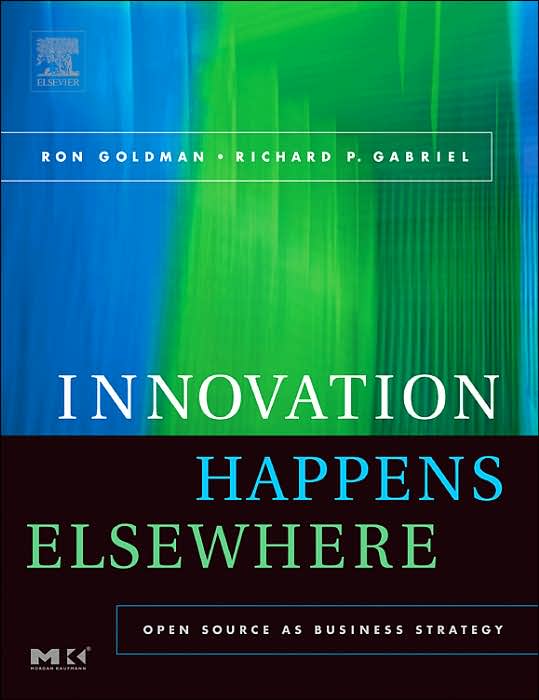|
Previous Table of Contents Up Next Creating Your Business Model and Following Through with ItEvery company is interested in activities that support its business. You must be able to explain how the relevant business goals for your project contribute to your company. Some of the goals we have listed, such as selling a proprietary product based on an open-source project, have a direct connection to revenue. Others have a more indirect connection, such as better relations with customers, making it easier to sell your company's hardware or services into an organization. For example, Sun makes most of its money by selling hardware, so any software that encourages customers to buy Sun servers or workstations supports Sun's main business model. It can do so directly by providing desired functionality and high quality, as Solaris does. It can do so by offering an alternative to software available on other platforms, such as StarOffice. It can try to level the playing field (or even tilt it in Sun's favor) by establishing new standards, as Java does. It can try to create a new market where Sun can be a major player, such as Jini. It can do so by gaining developer mindshare, so more applications for Sun hardware will become available, such as NetBeans. If shifting to open-source development will make these activities more likely to succeed, then a strong case can be made to do so. As an aside, please note that each of these strategies may be best supported by a different type of license; we discuss licenses in the next chapter. Many outside developers are suspicious of the motives of large companies and will view an open-source project sponsored by such a company as an attempt to pull a fast one. To quell these fears, you must be able to explain how your company plans to benefit from participating in the open-source project. Only when they understand what your company plans to gain will they be comfortable supporting the project. If they don't hear a sensible business reason for why your company is using open source, you can be sure that someone will suggest a variety of sneaky motives, often based on the fears open-source developers have that companies will steal their work and put it into proprietary products. If you are not willing to disclose your main business reasons, then you should rethink making your project open source. Your business model justifies your use of open source both to managers within your company and also to outside developers. It is important that you be able to communicate your business model to both groups. You will also need to explain your business model to other groups within your company that you need to interact with. Other parts of your company will expect your project to be business-as-usual and may not be happy when they find out otherwise. For example, if another group inside your company has a product that depends on yours, then you need to explain to them that the company does not control the release schedule and that your project will not do a release if your community feels the code isn't quite ready. You can expect there to be lots of pressure on your project to act like a normal proprietary project.
|
|||
|
|


